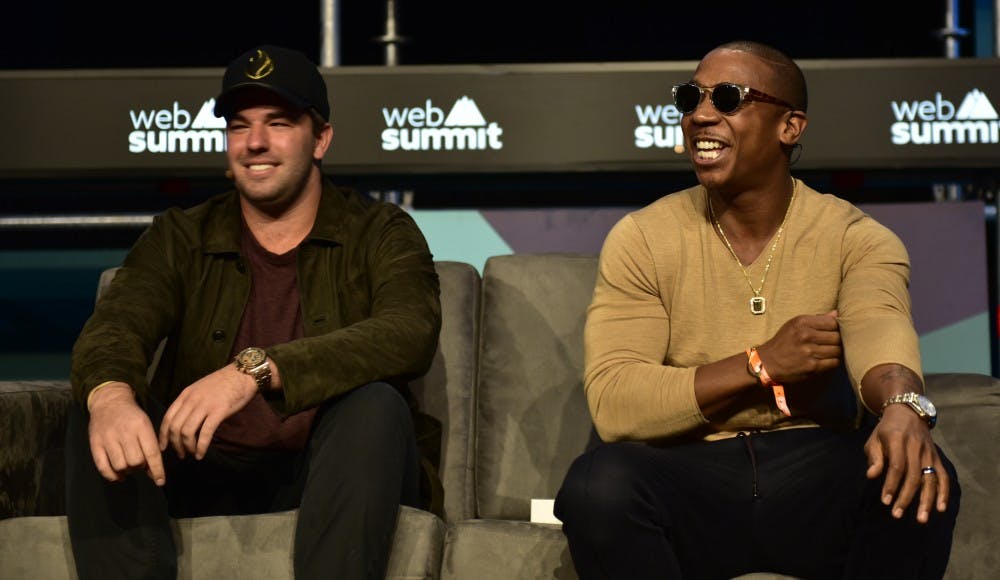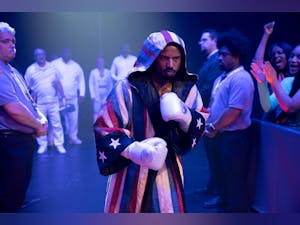From: Silver Screen
Fyre Festival documentaries have one thing in common: the generalization of a generation

In 2017, American entrepreneur Billy McFarland and rapper Ja Rule presented an exclusive weekend extravaganza on an island previously owned by Pablo Escobar, the notorious Colombian drug lord. Jerry Media, a successful marketing company, promised a star-filled line-up as they posted advertisements that featured Bella Hadid, Emily Ratajkowski, Hailey Baldwin and other models. Tickets to the event soared up to $250,000 and sold out within 48 hours.
When festival-goers arrived to the island, however, they were shocked to see tents in an empty field, packaged food, small amounts of water and nowhere to escape. The panic and poor social media coverage went viral, ultimately ending with McFarland canceling the event and being charged with several accounts of fraud and a six-year jail sentence. The fiasco led Hulu and Netflix to create documentaries that were released in mid-January and showcased the contents of the festival in different lights: one targeting millennials’ addiction to social media and the other focusing on experiences during festival production.
The Netflix documentary, “FYRE: The Greatest Party That Never Happened,” and the Hulu documentary, “Fyre Fraud,” both showed the shady creators were in way over their heads when they organized the festival. Staff and close friends reveal in interviews how everyone surrounding McFarland tried and failed to get him to cancel the event beforehand, recounting the numerous times he lied to them. While both films covered the main events on the Fyre timeline, they take different perspectives in their underlying message.
The Netflix documentary, which was co-produced by Jerry Media, focused primarily on the festival and featured several staff members who shared their firsthand experiences. These staff members, including those close to McFarland, said they were lied to and instructed to lie to others, unaware of what was going on. This one-sided film approach was clearly sympathetic to those involved with the festival and hardly mentioned Jerry Media’s role in the fiasco.
Hulu’s documentary focused more on McFarland’s life and the aspects of media and mass communication created by Jerry Media, overtly blaming the company for the failure. It also argues that technology-addicted millennials have succumbed to influencer advertisement plots, enforcing the idea that millennials envy influencers’ unattainable lifestyles and will do anything to fit in, even if it means spending $200,000 for a weekend in the Bahamas.
While the documentaries tell the story of a rare and “once-in-a-lifetime” event, they generalized an entire generation as if they are all like those who attended. They poke fun at the values and priorities that millennials have been falsely attributed, in a sort of demoralizing and standardized fashion. The Hulu documentary would have benefited from pointing out the growing influence of social media without falsely targeting and generalizing millennials.
In reality, the common social media user would most likely think twice before spending the equivalent of a college tuition on an unfamiliar festival ticket. The documentary took the exception and generalized it.
The two documentaries told stories of an ostracized event created by a man who caused millions of dollars in irreparable damage while highlighting the effect of media in today’s society from the viewpoints of the senders and receivers.
In the end, despite the drastically different approaches, the documentaries showed how the re-telling of an event can be swayed and told in different lights.




